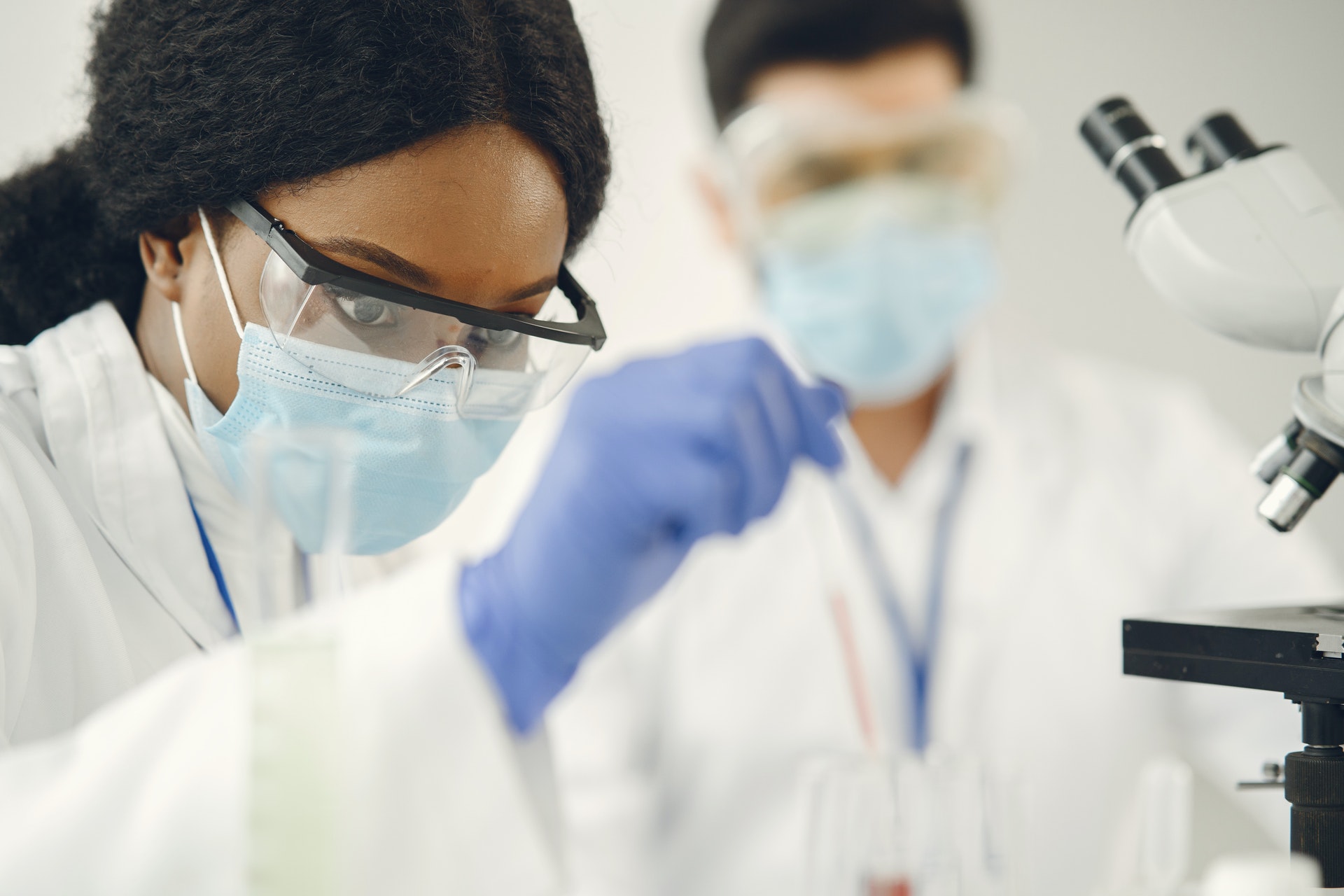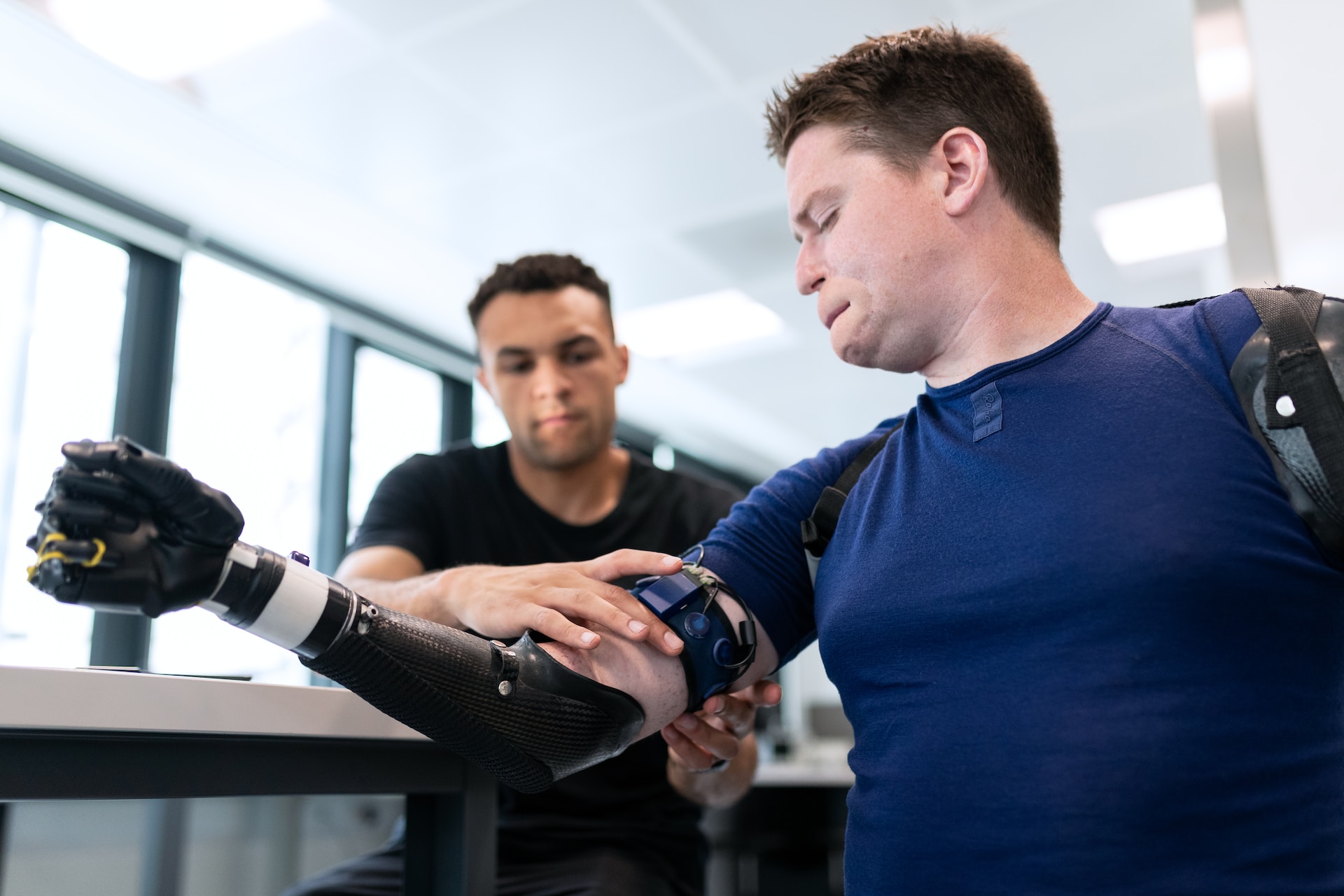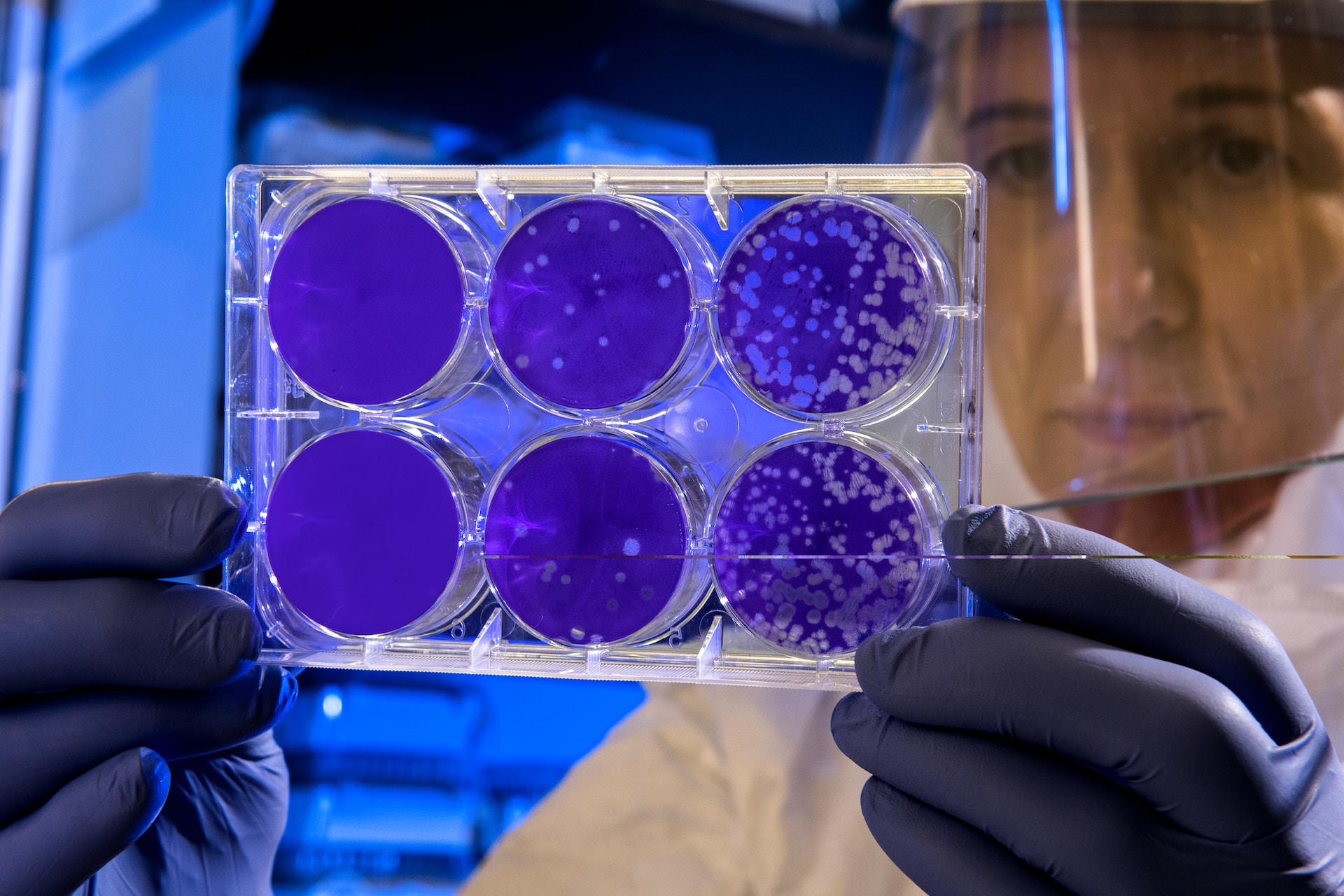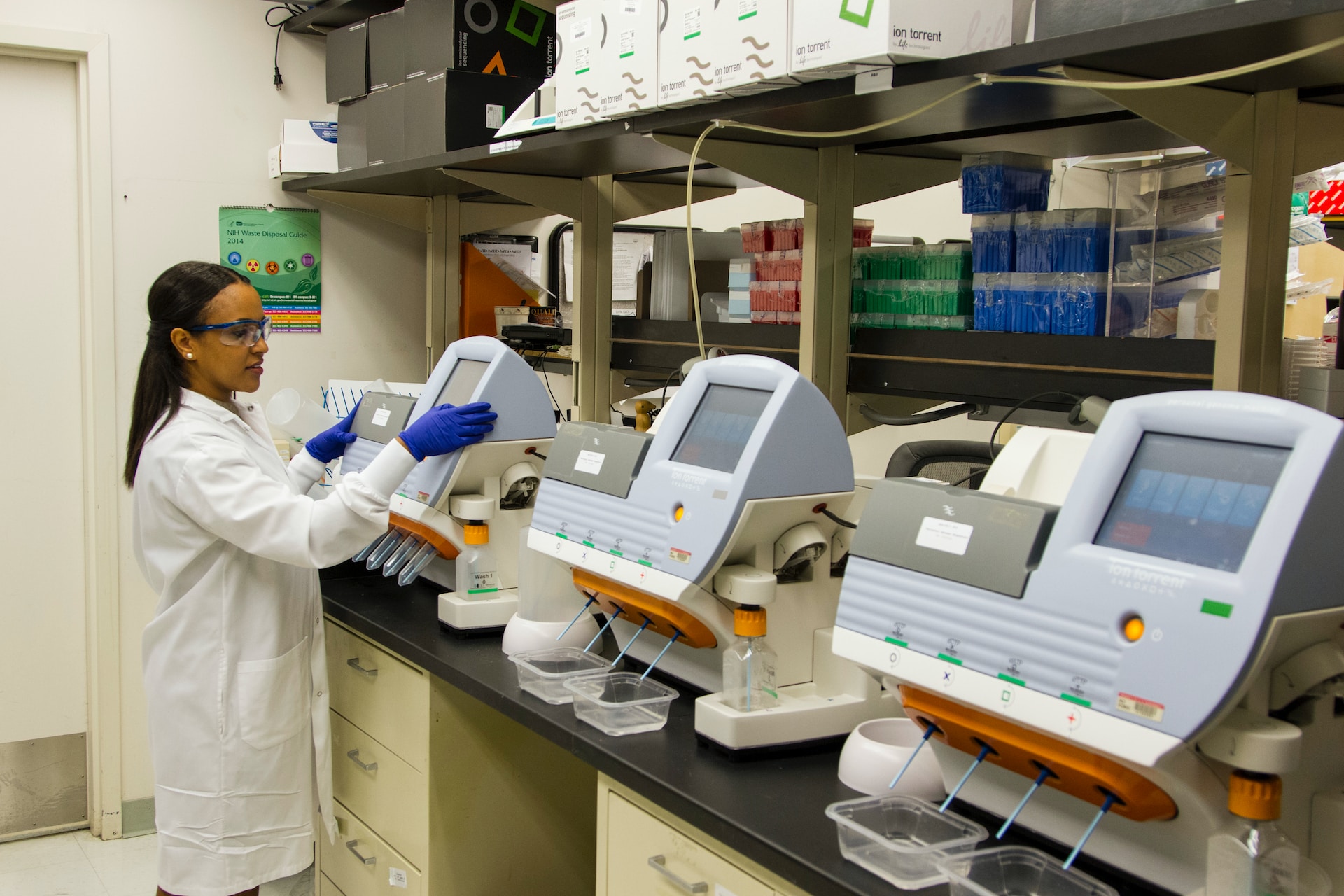
The DNA Debate: Should Genetic Engineering Be Allowed?
June 7, 2022 - Emily Newton
Revolutionized is reader-supported. When you buy through links on our site, we may earn an affiliate commision. Learn more here.
Genetic engineering is one of the most exciting and controversial fields of science in the world, with the potential to shape the fate of the human race. Now the whole world is asking, “should genetic engineering be allowed?”. This is a complex question with a deep ethical dilemma to unravel. We can only find the answer by understanding where genetic engineering has been, where it is going, and what it is capable of.
Genetic Engineering Is Not New
Humans have been genetically engineering organisms for millennia. In fact, rudimentary genetic engineering predates recorded human history. One of the most common misconceptions about genetic engineering is that it is a new, untested field of science. In reality, only certain genetic engineering technologies, such as CRISPR, are new innovations.
Today, we define genetic engineering as directly manipulating genetic code using biotechnology. Basic genetic engineering, however, includes many processes that we consider normal. For example, humans breed dogs to have different traits, creating hunting dogs, working dogs, sporting dogs, and so on. Scientists and farmers engineer plants and crops to make them resilient to weather and disease, preventing famine.
These are not the sort of things that usually come to mind when people discuss whether or not genetic engineering should be allowed. However, they’re an important part of the debate. Looking back at the rudimentary forms of genetic engineering can offer some insight into the potential benefits. It can also reveal potential drawbacks of more advanced genetic engineering technology.
For example, dog breeding led to bloodlines of healthy dogs capable of performing many important tasks, such as running long distances or picking up scents. On the downside, many purebred dog breeds have developed genetic diseases over the decades and centuries. These diseases shorten the lifespan of those breeds. Is it better to have a police dog that can do its job better over a shorter lifespan or a police dog that lives longer even if it can’t smell as well as possible? Questions like this are core to the question, “should genetic engineering be allowed?”.
CRISPR: The Key to Modern Genetic Engineering
There are two main approaches to genetic engineering today: optogenetics and CRISPR editing. Optogenetics involves using ion channel receptors in brain cells to switch cells on or off using light stimulus from fiber optic cables. Optogenetics has potential. However, CRISPR is much more well-known and much more versatile.
CRISPR stands for Clustered Regularly Interspaced Short Palindromic Repeats. This term refers to a natural function that cells have which uses the CAS9 protein to edit DNA. For example, when a virus invades a human cell, the cell’s immune system will memorize the virus’s genome while learning to fight it off. If the virus ever returns, CAS9 uses CRISPR to find the virus’s DNA wandering through the cell and chops up that DNA so that it can’t harm the cell. Scientists have discovered that CRISPR can not only remove DNA from cells but also add new DNA. Interestingly, CRISPR is universal across all types of cells – plants, animals, and humans.
The CRISPR Controversy
CRISPR editing is the most well-known form of genetic engineering today. What makes it so controversial is its versatility. In the past, humans could direct genetics in a vague sort of way, aiming in a general direction for the desired results. CRISPR allows for incredible precision, on any genes a particular scientist may want to edit. Suddenly, we can simply remove genetic mutations that cause diseases. This same technology also allows us to edit virtually any other gene in the entire human genome, from height to hair color to intelligence or even personality traits.
This vast range of potential is the cause of the controversy over genetic engineering and CRISPR in particular. Are the risks worth it to cure diseases and save lives? Or could genetic engineering forever change the human species in ways that cross moral and ethical boundaries? Even scientists are not sure yet, but the debate may not be as black-and-white as it appears.
Genetic Engineering in Plants
When considering whether or not genetic engineering should be allowed, it is important to remember that genetic engineering can be used on organisms other than humans. Using genetic engineering on plants alone could lead to the development of new medicines and improved biofuels.
Allowing genetic engineering on plants can open the door to some invaluable benefits for humanity. In fact, agricultural genetic engineering has already saved lives. A prime example of this is scientist Norman Borlaug who, in 1944, used early genetic engineering methods to develop a high-yield, disease-resistant breed of wheat. Borlaug’s wheat allowed numerous nations to develop independent grain markets, freeing them from reliance on foreign grain production. In fact, history credits Borlaug’s research with preventing millions of deaths due to starvation.
Additionally, genetic engineering research and technologies have given scientists a greater understanding of the human genome and how diseases work. Improving this understanding could lead to the development of new medical treatments. In fact, scientists are already using CRISPR to discover molecules and enzymes in plants that could potentially lead to the creation of new drugs. This means that there may come a time in the future when scientists could cure cancer with a simple injection of a drug discovered and developed through CRISPR genetic engineering.
The Ultimate Ethical Dilemma
Few can deny the benefits of genetic engineering with plant life. Things become much more complicated when it comes to animal and human life. Plants, after all, are not sentient beings. Tampering with an apple tree’s DNA so that it yields more apples every year is completely different from changing a baby’s DNA so that it does better in school or has a certain eye color.
So, when we ask, “should genetic engineering be allowed” what we are really asking is, “should genetic engineering on humans be allowed”. This is perhaps the most complex ethical dilemma in the entire scientific community.
An Innocent Beginning
Proponents of genetic engineering have good reasons for championing the technology. Genetic engineering could free people from genetic diseases that cause unavoidable suffering in the people they affect. If we could repair DNA to cure genetic diseases, why wouldn’t we use that technology? In fact, some would even argue that neglecting to use genetic engineering to cure genetic diseases would be cruel.
Genetic disorders occur when DNA replicates incorrectly from the parent’s genome to the child’s. A commonly cited example of this is Down syndrome, which changes the way a baby develops as they grow up, physically and intellectually. Down syndrome is one of the more extreme genetic disorders and one of the most concerning for parents. Sadly, when parents discover that their baby is likely to have Down syndrome, many choose to have an abortion. In fact, in Denmark as many as 95% of pregnancies with a Down syndrome diagnosis get terminated.
Genetic engineering has the potential to cure genetic disorders like Down syndrome, allowing babies who would otherwise have had the condition to instead live normal lives. The same goes for all of the many genetic disorders and diseases as well as hereditary conditions. Scientists could edit out a genetic disease or condition that runs in a family out of an embryo’s DNA, protecting them from the disease as well as their children and descendants. Scientists could even use genetic engineering to correct non-life-threatening conditions, like color blindness.
These opportunities lead many to ask, “why wouldn’t we allow genetic engineering?”. If the technology exists to save lives and prevent diseases, why wouldn’t we use it? Critics of genetic engineering are looking beyond curing diseases. After all, CRISPR works on virtually any gene, not just those that create diseases and disorders.
The Threat of Eugenics
A major concern surrounding genetic engineering is the possibility that people could use it to radically change the human species. If parents have the option to make their baby smarter, stronger, and more attractive, at least a percentage of parents are likely to take advantage of it. This creates an uneven playing field for genetically modified babies and unmodified babies. Would society consider parents who don’t use genetic engineering cruel or neglectful? Would humanity be heading down a dangerous path by creating “designer babies”?
This is the slippery slope of genetic engineering. Many worry that it could become akin to the eugenics movements of the 20th century, which strove to “improve” the human race through strategic breeding. From a moral standpoint, some see it as wrong or ethically questionable to try to perfect a baby’s genetics. This debate gets even more complicated in religious circles, where many faiths believe that people are divinely created with specific flaws on purpose.
It is also worth noting that scientists aren’t sure what negative side effects genetic engineering might cause. For example, what if changing a baby’s eye color accidentally made them color blind? Even worse, what if changing other genes unintentionally created new genetic diseases? The human genome is extremely complex and scientists still don’t have a complete understanding of it. It is entirely possible that we could unintentionally create “bugs in the code” of human DNA by tampering with genetics.
The First CRISPR Babies
The human genetic engineering debate exploded onto the public stage in 2018 when a Chinese scientist, He Jiankui, revealed that he had created the world’s first CRISPR babies. The project was extremely controversial because He completed it in secret and without authorization. The identities of the two babies, twin girls, remain a secret.
In the aftermath of the project’s announcement, scientists weighed in on what it means for CRISPR technology, pointing out that “everything can be used for good purposes or bad purposes”. Ultimately, genetic engineering is already out there in the world. Whether CRISPR is used for good or bad is entirely up to how society decides to use it.
Should Genetic Engineering Be Allowed?
So, should genetic engineering be allowed? Everyone will have their own subjective answer to this question. Objectively, though, scientists are already using genetic engineering and in all likelihood will continue using it. Allowing genetic engineering on plants could result in the development of groundbreaking, life-saving medicines and new crops that could end world hunger.
Allowing genetic engineering on humans, on the other hand, is a much more complicated debate. Only the future will tell how far humanity decides to let human genetic engineering go. Ultimately, though, we may be causing more danger by prohibiting genetic engineering. By participating in the development and use of this technology, we will at least have some amount of control over access to it. The question is no longer whether or not people will use genetic engineering, but how they will use it. Whether that is for good or bad will depend on the choices scientists and individuals make today and in the future.
Revolutionized is reader-supported. When you buy through links on our site, we may earn an affiliate commision. Learn more here.
Author
Emily Newton
Emily Newton is a technology and industrial journalist and the Editor in Chief of Revolutionized. She manages the sites publishing schedule, SEO optimization and content strategy. Emily enjoys writing and researching articles about how technology is changing every industry. When she isn't working, Emily enjoys playing video games or curling up with a good book.





I am sorry but this technology should not be used on humans at all. It will only lead to heartache and power imbalances with the wealthy using it on their children.
I’m sorry ma’am but it seems you’ve seen too many dystopian movies, novels and books. Genetic Engineering can be used to help humans stop genetic diseases before birth, or make humanity resistant diseases. Please look at both sides of the argument before commenting.